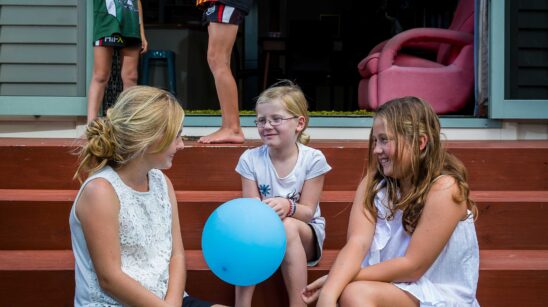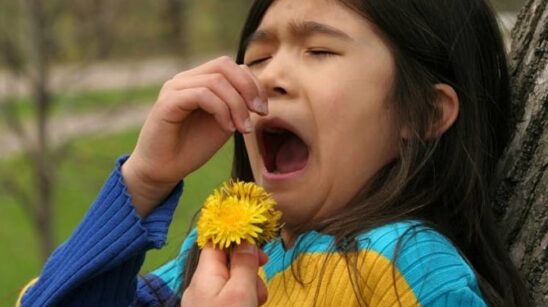RSV is a common virus, and in many cases the symptoms are like cold symptoms and can be treated at home. However, it is also the most common cause of hospitalisation for lower respiratory tract infections in under-two-year-olds, and can cause serious illness such as pneumonia and bronchiolitis. Those most at risk of becoming seriously ill from RSV are premature babies, and young children with congenital heart or lung diseases or compromised immune systems. Older adults can also be vulnerable.
A 2020 study led by Dr Adrian Trenholme (a member of ARFNZ’s Scientific Advisory Board) and Dr Webb at Kidz First Hospital in South Auckland showed the dramatic effect that COVID-19 health interventions had on levels of respiratory disease in infants. Last year, the usual winter peak of RSV hospitalisations didn’t occur. Now that we have travel bubbles in place, children who were not exposed to the virus last year and did not develop immunity are more vulnerable, as they are being exposed to RSV for the first time.
Symptoms of RSV can include:
- Runny nose
- Fever
- Cough
- Short periods without breathing (apnea)
- Trouble eating, drinking, or swallowing
- Wheezing
- Flaring of the nostrils or straining of the chest or stomach while breathing
- Breathing faster than usual, or trouble breathing
- Turning blue around the lips and fingertips.
"If your child is struggling for breath it is vital to seek medical assistance immediately," says ARFNZ Medical Director Dr James Fingleton. "If their symptoms are more like a common cold, keep them at home, make sure they stay hydrated, and manage pain and fever with paracetamol as appropriate. There is no vaccine against RSV, and no specific treatment, so the most important thing is for us to prevent the spread as far as possible. As well as staying home when sick, it’s important for all of us to be washing our hands thoroughly, covering coughs and sneezes, and cleaning frequently touched surfaces."
Media Coverage
10/07/2021 - Te Ao Maori News
9/07/2021 - One News




